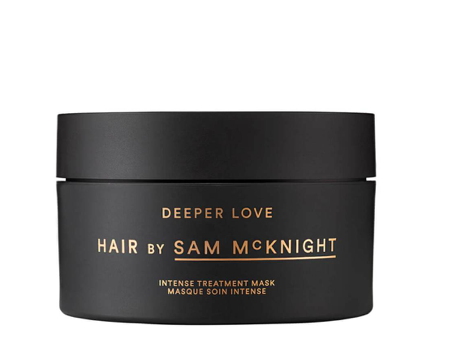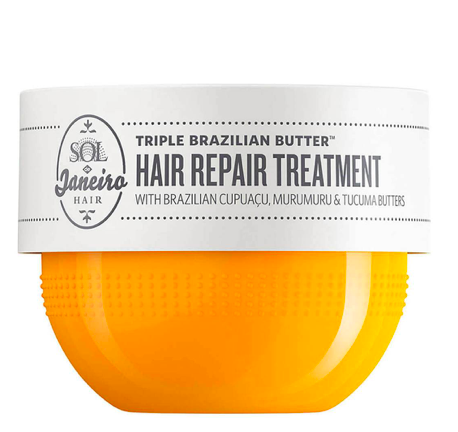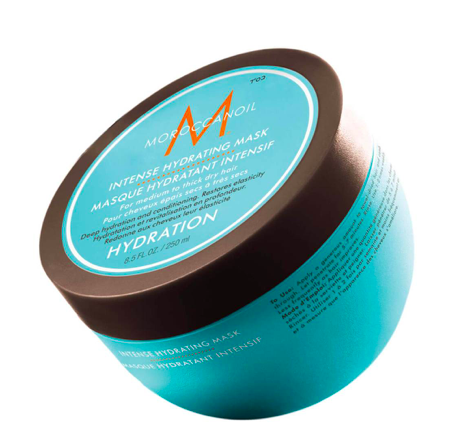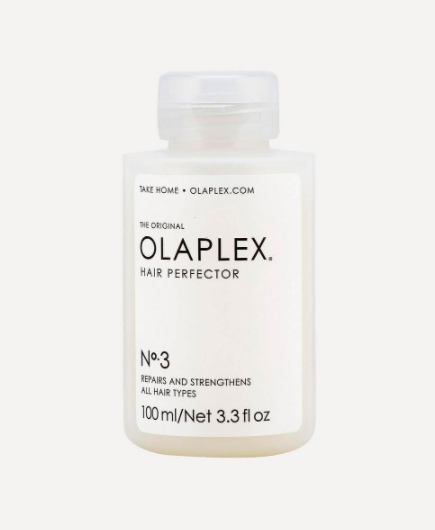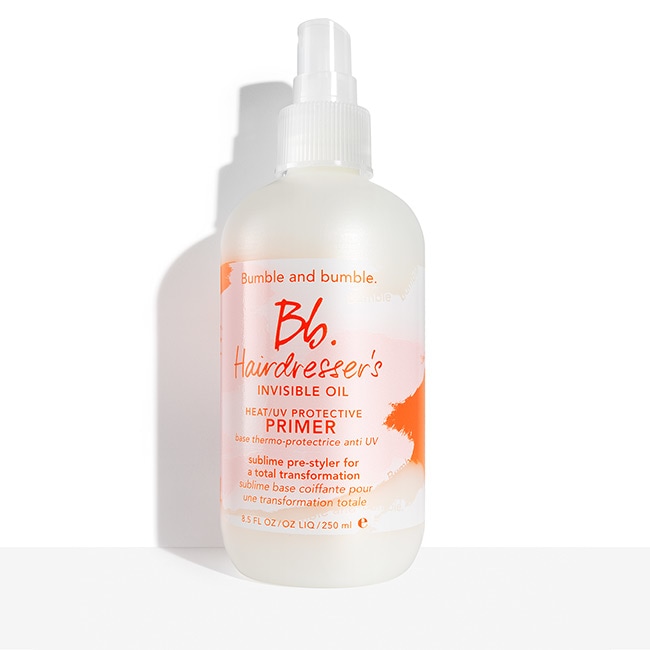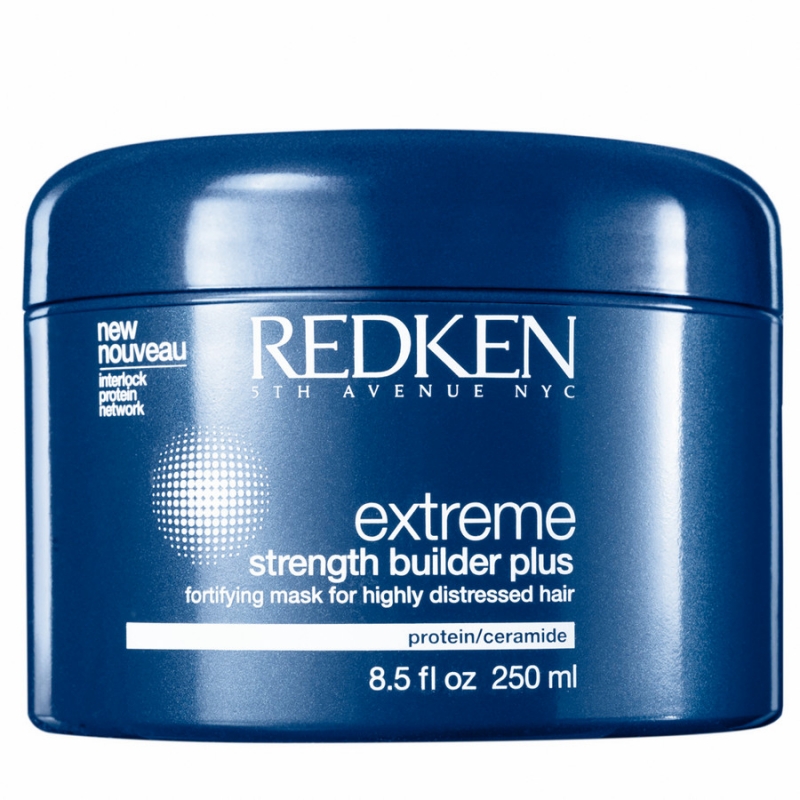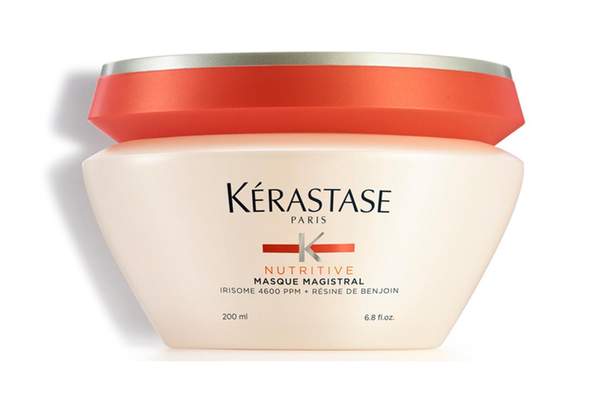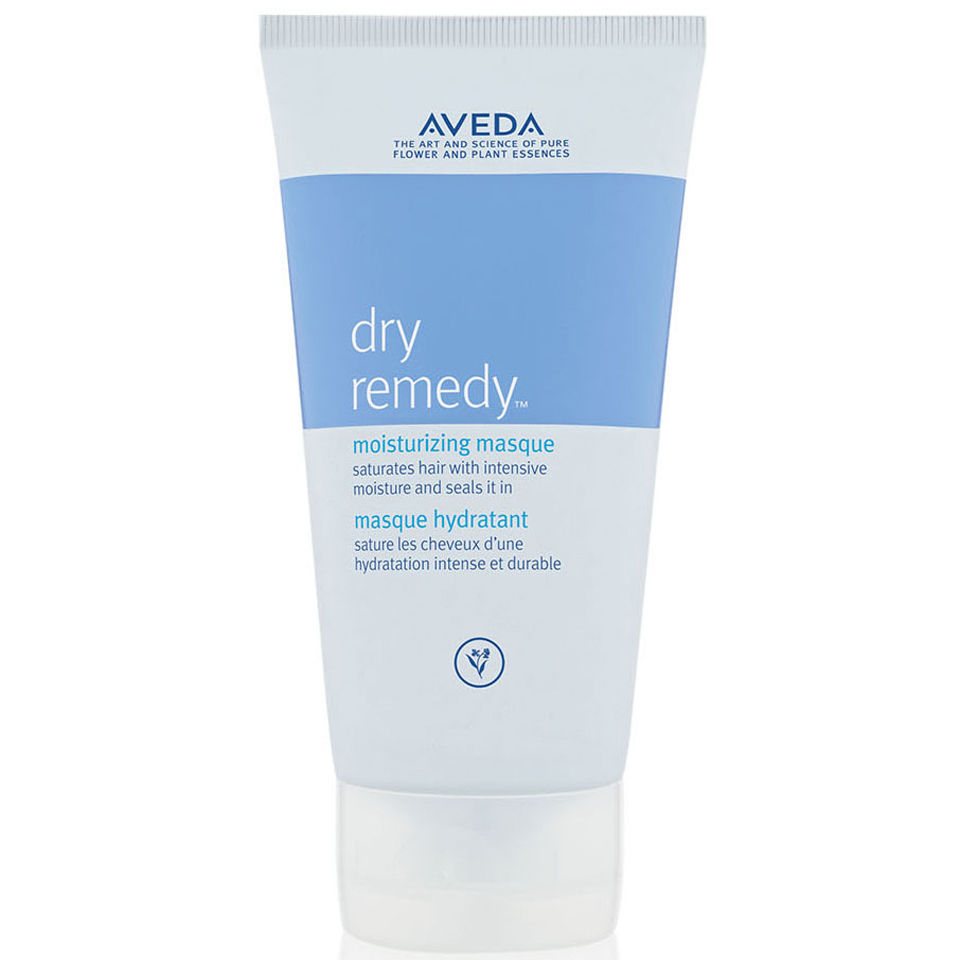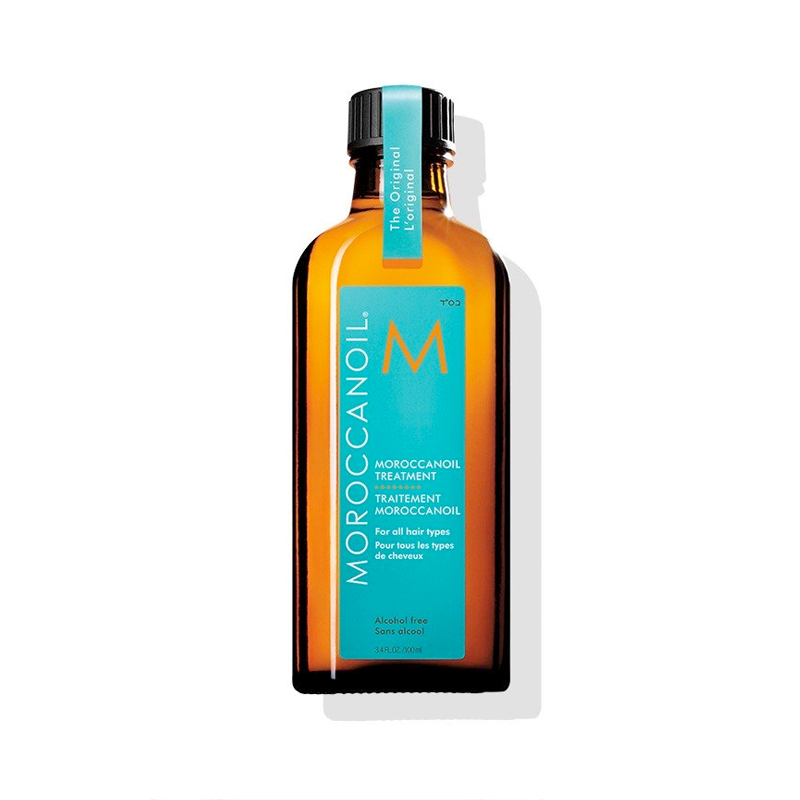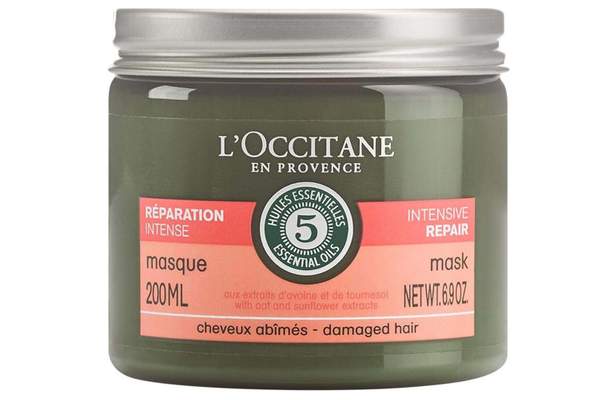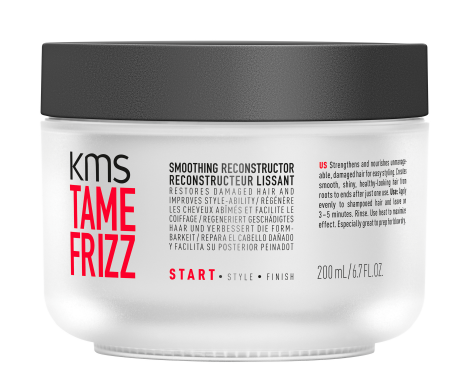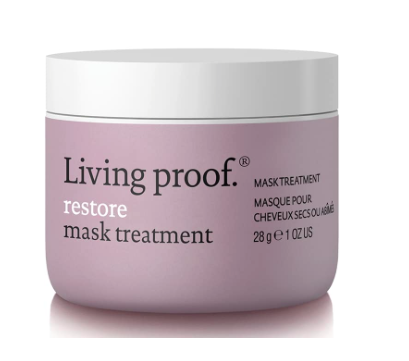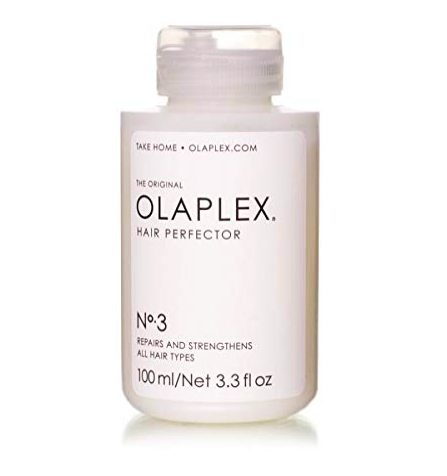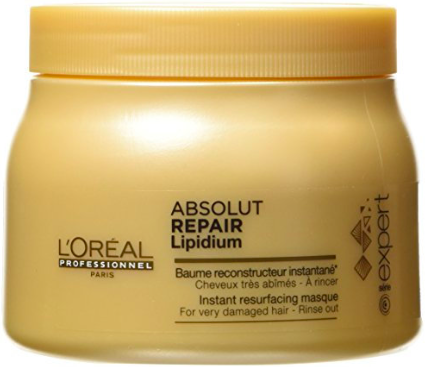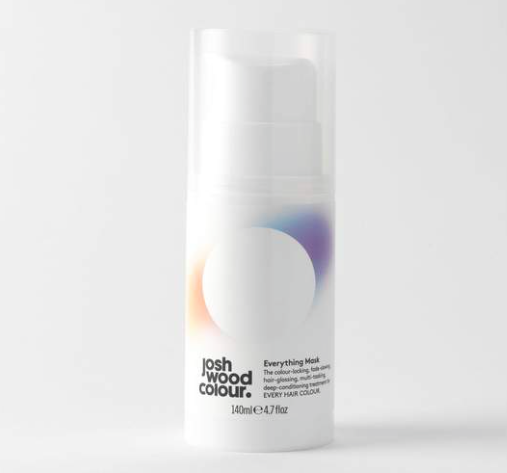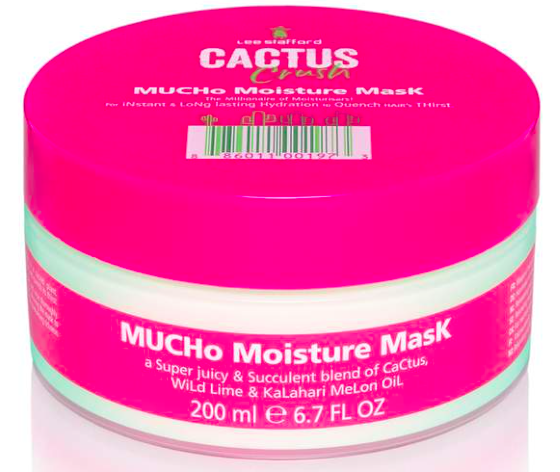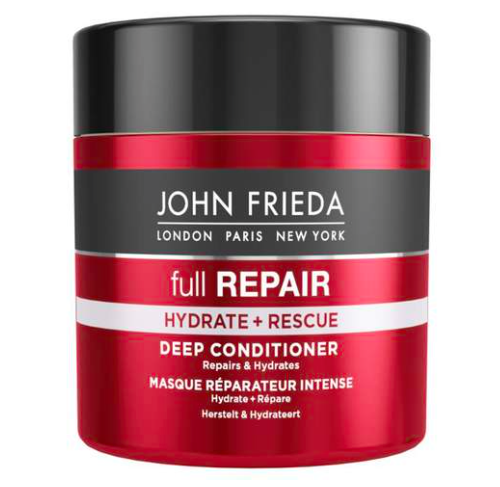Hormones play a crucial role in the body and that includes hair growth and loss. They can influence how thick your hair is, how fast it grows and even changes in texture and colour. Here we answer some of your top questions around hormones and hair.
How do hormones affect hair growth?
If you’ve ever been pregnant you probably remember your hair being thicker and shinier than ever before, whereas when we get older and our oestrogen levels drop we might notice hair thinning or shedding.
Will my hair colour be affected by my hormones?
Short answer, yes. Hormones can something affect the result of your hair dye and it could mean it doesn’t take as well, fades quicker or doesn’t lift. But it can also make hair more responsive and it’s hard to predict as everyone is individual and hormones affect everyone differently. If you’re worried then we can give you a strand test before your hair appointment.
Do hormones make my scalp more sensitive?
Yes, scalp tenderness can be affected by hormones and you might notice that brushing, washing or combing hair is uncomfortable when you are on your period. For this reason we’d recommend avoiding booking your appointment when your scalp is feeling extra sensitive as we want you to have the most relaxing and pleasant experience possible.




